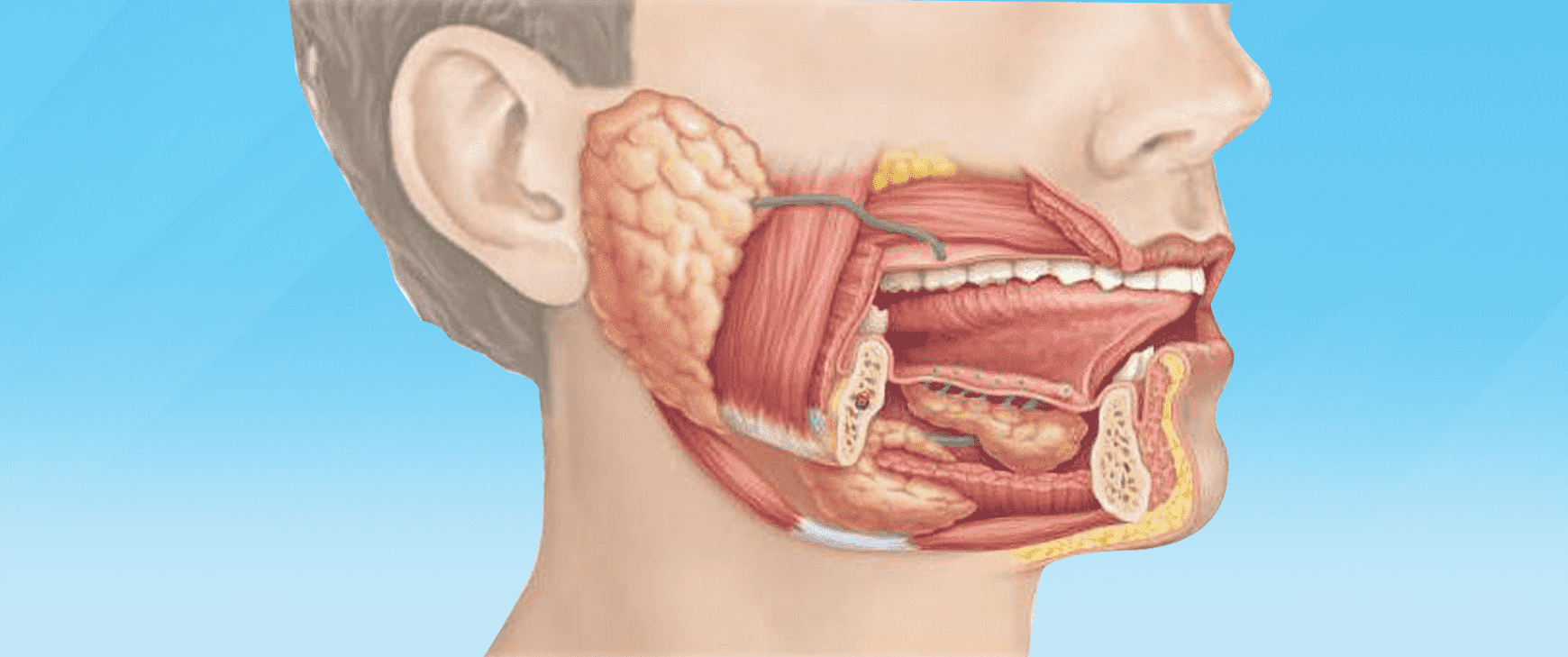Jaw Tumor
Salih ÖNDER2023-10-26T15:27:23+03:00Jaw tumors are pathological formations in the oral cavity that contain liquid or semi-liquid material and are surrounded by soft tissue on the outside. These formations can be benign or malignant. Malignant ones can arise directly from any tissue of the mouth, as well as as a result of metastasis of cancer in other organs. Benign tumors, on the other hand, can cause aesthetic and functional disorders on the face of the person.
What are the Symptoms of Jaw Tumor?
Jaw tumor is an insidious disease and usually no symptoms are observed in the initial stage. For this reason, many people consult a doctor in the later stages of the disease. In delayed diagnosis, irreversible damage may occur in the jaw bones. In order to avoid such results, some symptoms should not be ignored. These symptoms are:
Swellings in the jawbone, which are usually painless,
Loss of function in the jaw,
Loss of sensation in the lower lip
Shaking or breaking teeth,
Pain and bleeding in the mouth,
Swelling in the lymph nodes
Difficulty swallowing.
The risk is minimized in people who go to the dentist regularly. When dentist controls are not neglected, jaw tumor can be diagnosed early with the latest technology devices of Dental Group Hospitadent.
What Causes Jaw Tumors?
There are many known causes of jaw tumors. Some of these are incorrectly made crown bridge prostheses, alcohol, smoking, tooth crowns damaged by excessive decay, exposure to high amounts of sunlight, vitamin deficiencies, and careless oral hygiene. In addition, some sexually transmitted viruses have been found to cause jaw tumors.
How Is Jaw Tumor Treated?
There are several methods for the treatment of Jaw Tumor. First of all, pathological examination should be performed to understand whether the tumor is benign or malignant. According to the results obtained after this examination, the treatment method and the path to be followed are determined. Depending on the result, surgical intervention may be required.
If the tumor is benign, definitive treatment may be possible with surgery, and such surgeries usually yield positive results. If the benign tumor has caused damage to the jawbone, the results of the damage are tried to be eliminated with some specially applied materials or bone taken from another part of the body, and an aesthetic appearance is provided for the face.
If the tumor is malignant or advanced, different treatment methods are used. When choosing the treatment method, criteria such as the doctors’ determinations about the disease, which tissues it has spread, what kind of damage it causes in the body are evaluated.
If the malignant tumor has not grown and has not spread to the surrounding tissues, a treatment process is needed in which many procedures such as surgical intervention, radiotherapy and chemotherapy will be applied at the same time and which requires a large number of specialties.
Before jaw tumor surgery, necessary determinations are made to determine the size and location of the tumor, possible risks are calculated, and the operation is started by taking the necessary precautions.
What Are the Risks of Jaw Tumor Surgery?
In jaw tumor surgery, there are some risks that may occur in every surgery. Chief among these is the risk of infection. Risks other than infection vary according to the size of the tumor and whether it is benign or not. Large tumors can damage surrounding tissues. In such cases, there are risks such as tooth loss, bleeding and tooth loosening.
What Should Be Considered After Jaw Tumor Surgery?
Postoperative local dressing of the patient should be done without neglecting it. It is very important that the chin does not receive any blows during the healing process. Routine doctor checks should not be interrupted in order to evaluate the bone healing of the person. After the operation, the healing of the bone tissue and the closure of the wounds are followed by dentists. In this process, it is necessary to be sensitive to oral hygiene.
Dental Group Hospitadent has achieved successful results in jaw cyst operations in all its branches. Dental Group Hospitadent follows all the developments in the field of dental technology with its experienced dentist staff and prioritizes patient satisfaction by working with state-of-the-art devices.
Treatment Summary
Number of Transactions
2-3
Return to Work Process
Now
Processing Time
10 Days
Full Recovery Process
Now
Anesthesia Method
Local anesthesia
Persistence of Results
5 Years
Sensitivity Process
Non
Eating - Drinking Process
2 Hours Later
Note: *The information and recommendations on this page are for informational purposes only. Please consult your doctor for diagnosis and treatment. WhatsApp line.
Bütün İşimiz Diş


